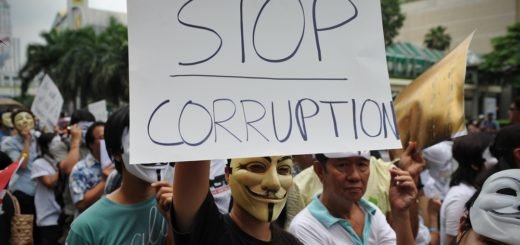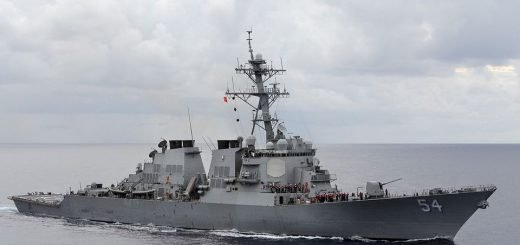Taiwan and Indo-Pacific Regional Security Architecture Conference
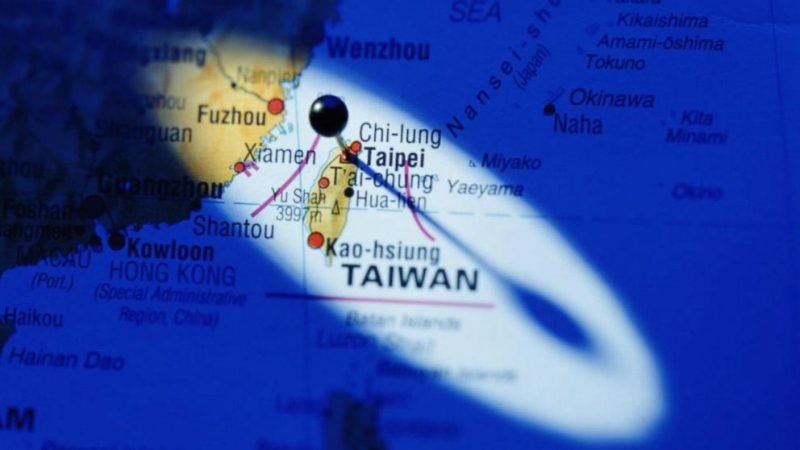
Track 2 / Backchannel Diplomacy with Taiwan
Speakers talk about individual countries and their view on Taiwan and relations with Taiwan and their opinion on the regional security architecture.
The current Philipino administration is adhering to the One – China policy with respect to Taiwan. The recent COVID-19 outbreak saw the travel ban on Taiwan even with the effective handling of the pandemic by the Taipei government which indicates the Philippine’s view on Taiwan. This has caused a strain in the diplomatic ties between the Philippines and Taiwan.
Mr. Herman Kraft highlights the importance of Taiwan in the regional security architecture and questions the costs of excluding Taiwan from the regional security architecture and the multilateral trade agreements which consist of smaller bilateral coalitions. He argues that Taiwan’s expertise in fishing technology and cyber security which ties up to his point of Taiwan’s contributions to non-traditional security. However, Taiwan’s presence in the Indo-Pacific affairs has been outweighed by the larger geopolitical issues. Taiwan’s presence in the world has been guided through China and its importance in the regional security architecture has been undermined due to China’s dominance in the Indo-pacific trade agreements and other coalitions.
Mr. Herman Kraft insists on including Taiwan for reasons other than forming an anti- China front by including Taiwan in informal dialogues and discussions on regional security policy and trade. He suggests by including students and academics from Taiwanese universities and organisations in these discussions to keep China from presuming an anti- China coalition rather than direct inclusion of Taiwan in FDAs. He insists that the informal inclusion of Taiwan on multilateral forums can be encouraged by the QUAD as it is still an informal organisation. Mr. Kraft gives more clarity on the strategies to be employed when it comes to Taiwan keeping China in mind in order to avoid crossing the ‘red line’ with the former.
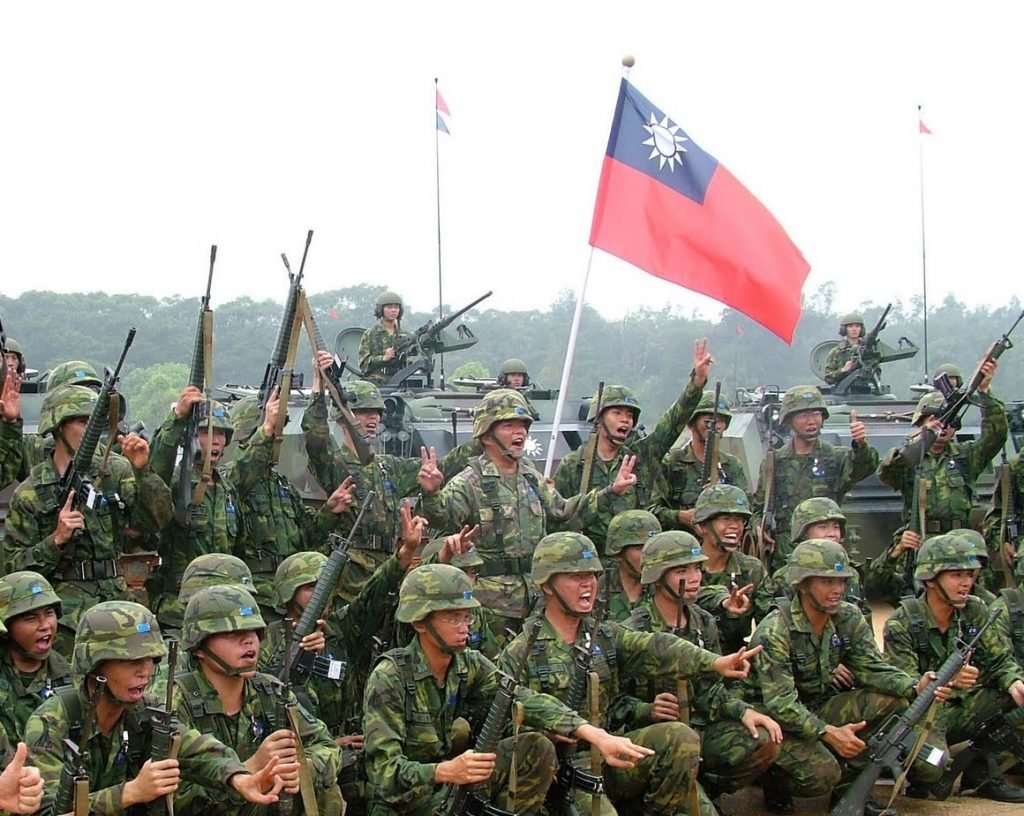
Taiwan is a significant actor in the Indo- Pacific security architecture especially because of the importance of the Taiwan Strait in the Indo-Pacific region as it has occupied large islands on the South China Sea. Mr. Ngyuen Hung Son claims that 2020 has amplified Taiwan’s presence not only in the Indo-Pacific but also in the world which could be a great opportunity for Taiwan to voice it’s opinions and mark its own place in the Indo-Pacific regional security architecture . However, he highlights the reluctance of the ASEAN countries to include Taiwan in any formal coalition due to China’s growing power in the existing diplomatic relations and the COVID-19 pandemic has insisted these countries to prioritise their own well being over provoking China.
Mr. Son adds on to Mr. Kraft’s arguments on the informal involvement of Taiwan in the regional security architecture by being a part of the rule based coalitions as ‘rule takers’ and offering their interpretations of the terms of the trade and amplifying their own importance in the Indo-pacific region. He adds on to this by stating the importance of Taiwan in the South China Sea by using their expertise in fishery management, submarine technology. Taiwan’s presence in the world map on the face of the COVID-19 pandemic has given Taiwan the benefit to make their own strategic place in the regional security architecture as they have now been idolised for effective healthcare management and policies. Taiwan should employ their de facto status to full use to make a presence in the. Security architecture.
The points made by Mr. Kraft and Mr. Hung Son are strategic manoeuvres for Taiwan to make a presence outside China but do not guarantee protective coalitions or strategies to combat a possible military invasion by China. These are diplomatic strategies proposed by the South East Asian or the ASEAN countries to avoid conflict with China.
The draft on the new maritime laws in the Indo-Pacific is a controversy which has allowed Chinese navy vessels to attack any international navy body or vessel on the South China Sea. The maritime laws have included regions where China has no jurisdiction. The panelists were asked a question on how the other countries would tackle this. Mr. Hung Son responds to this by asking other countries to be vigilant of China’s maritime activities and suggests on tackling this together.
Dr. Tanvi Madan : The Indo- Taiwan relations
Dr. Tanvi Madan introduces the India perspective on Taiwan in the Indo- Pacific region. Historically, India has supported the one- China policy. However, since 2010 India hasn’t jettisoned its views on the one- China policy especially with its deteriorating relations with China mainly due to border conflict. Dr. Madan highlights the increasing presence of Taiwan in Indian media especially due to the COVID-19 outbreak. India has been inspired by Taiwan’s healthcare policies during the pandemic which has been highlighted by correspondence with Taiwanese diplomats and ministers on Indian mass media.
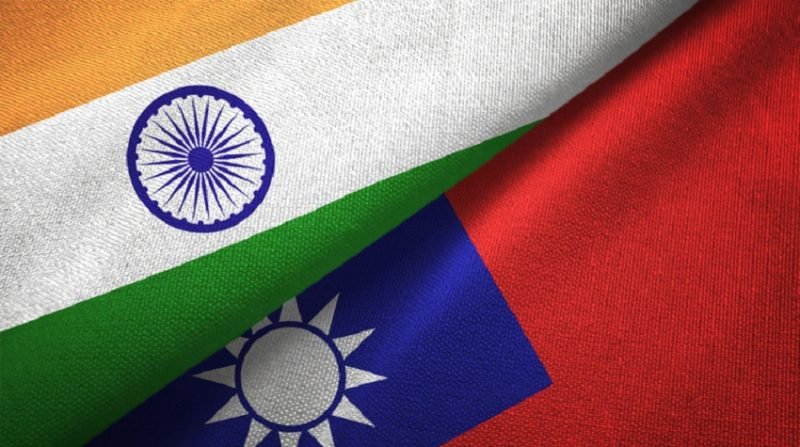
Dr. Madan points out possible ways to develop relations with Taiwan quite similar to the India- Israel relations as Indo- Taiwan relations are crucial to China. The diplomatic relations in terms of technology, education and tourism; more like people to people ties which could be put forth and the other is a bilateral relation against China. She suggests stronger trade agreements with Taiwan and India.
The Indo-Taiwan relations could help Indian government due to Taiwan’s geographic position in the South- China Sea. The US and other like minded countries could facilitate these dialogues between India and Taiwan and provide platforms for them to lead these discussions. She points out issue based trilateral or multilateral coalitions to develop and enhance relations between India and Taiwan.
A question posed by Bonnie Glaser was whether India’s developing relations with Taiwan was a leverage against China. Tanvi Madan takes a diplomatic stance by stating that Indo-Taiwan relations would be useful for both parties and the deteriorating Indo-China relations is just another door open for stronger Indo- Taiwan relations. She hopes that Indo- Taiwan relations aren’t solely in relation to China.
Are Track 2 negotiations sufficient? : The Taiwan perspective
Although Taiwan agrees with the need to set up Track 2 negotiations to reinstate Taiwan’s presence in the regional security architecture, Taiwan insists on being a part of the formal multilateral coalitions as the main priority now is security from any military advances from Beijing. The Taiwanese representative on the panel agrees with the other suggestions by the other panelists to set up backchannel relations. The bilateral and track 2 negotiations with China has established Taiwan’s importance in the international society. They have been involved with most of the Indo- Pacific nation in working towards better maritime activities and marine environment protection. Taiwan is willing to share its knowledge and expertise in tackling the COVID pandemic.
The Foreign Minister of Taiwan, Joseph Wu joined the conversation. He encourages the like minded countries of the Indo-Pacific to join Taiwan in countering China’s assertion in the Indo-Pacific. He points out the gaining recognition by USA, Australia especially against China’s exploitation on the Taiwan Strait. Minister Wu encourages a US-Taiwan annual Summit and the dominance of democratic governance in the Indo-Pacific. The other countries seem to be taking the backchannel to associate with Taiwan but Taiwan is clear on its stance against China and willing to enter negotiations at the risk of being attacked by Beijing.



